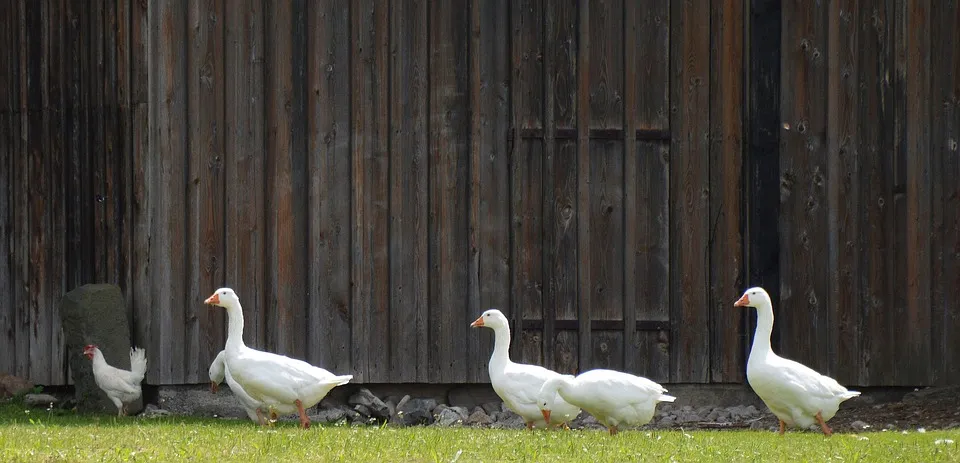Before proceeding, I need to make it very clear that I support efforts toward self-sufficiency, disaster preparedness, healthy food, and sustainable living. However, sometimes it seems to me that "homesteading" has become a buzzword, so let's begin with an examination of the word itself.
Homestead can refer to:
- A general term for a farmhouse, outbuildings, and the surrounding land.
- ...[A]n artificial estate in land, devised to protect the possession and enjoyment of the owner against the claims of his creditors, by withdrawing the property from execution and forced sale, so long as the land is occupied as a home.
- A parcel of public land, usually 160 acres, claimed under the Homestead Act of 1862 or later similar acts by paying a nominal registration fee to the government, building a home, improving the land, and farming it for five years.
- The libertarian principle of original appropriation of unowned land or other resources creating an ownership claim by the human action of transforming it out of its state of nature and into a form the acting individual finds more useful to his or her needs. This idea dates back at least to the writings of Enlightenment-era philosopher John Locke.
The last definition is the purest meaning of the word, and the first is the consequence of its application. Those in the middle are political hijackings. What many hipster homesteaders of today seem to mean, though, is a hobby farm.
My grandparents raised goats, chickens, and other small livestock. They grew vegetable gardens and preserved their harvests for the following year. This wasn't a statement of independence or an ecological choice, it was how they made ends meet. They didn't call it "homesteading," they called it "life." I myself was raised by "Baby Boomers" whose parents were from the Depression generation. My parents' outlook on life was colored by the experiences of my grandparents. A vegetable garden, food preservation, thrift, repair, and creative repurposing were necessities. As a child, I planted a vegetable garden by myself one spring when my mother was ill at planting time so we could stretch our budget and get fresh food later in the summer. I had a childhood friend whose family had a truly massive vegetable garden, orchard, and pasture for goats and chickens. It was a way of life, and not one chosen ideologically, but by necessity.
 Image credit
Image creditI know many self-professed homesteaders have the best of intentions. The skills that saw my grandparents through the Depression could protect the current generation from future economic disaster. Self-sufficiency to even a modest degree is a buffer against natural disasters, unemployment, or other hazards. There is a comfort in knowing exactly how your food was grown and processed. I know many Steemians here enjoy independence from the corporate cartels and factory farms with their suspicious hormone treatments for livestock and laboratory-chemical fertilizers, pesticides, and herbicides. And yet, I still can't help but find the use of the word "homestead" as a buzzword for what I, my parents, and my more distant ancestors called "normal."